On September 8, 2005, Deadspin officially went live. 10 years later, the site’s become a crucial part of the sports blogosphere, and a key player in how that blogosphere has evolved. AA spoke to founding Deadspin editor Will Leitch (who will be doing a live chat about the site’s history on Deadspin at 3 p.m. Eastern) last week about how the site came into being, how the launch went, and where things went from there. Here are the edited highlights of that conversation.
AA: With the anniversary of Deadspin approaching, I’m wondering if you can walk me through how the site came about?
WL: I was doing The Black Table, which was an independent journalism site, with me and Eric Gillin, who now runs Epicurious by the way, Aileen Gallagher, who’s a journalism professor at Syracuse University, and A.J. Daulerio, who you may have heard of. The four of us were doing that, doing our own writing and having lousy day jobs on the side that we didn’t like. We were trying to get our name out there.
Lockhart Steele, who now is the editorial director of Vox, he was Nick Denton’s #2 at the time, and he liked my work and asked if I wanted to do a gambling site for them. I said “Actually, I think gambling is really bad for the world and I don’t want to support it, so I’m probably a terrible person to do your gambling site,” which, in retrospect was an insane thing for me to do. The idea of getting paid for six months to do a gambling site by Gawker Media was probably the best job I was ever going to get at that time.
But I told them “No, I don’t think I would do a very good job at that site, but you guys should do a sports site.” So I wrote a long memo to him mapping out what this theoretical sports site would be. I was a huge fan of Defamer, which was Mark Lisanti‘s site, he’s now at Grantland. I thought his site was brilliant, and I thought “I’ll just do a sports site like his.”
I had no notion it was going to become some sort of thing. I figured it would work for six months. They came back to me and they’re like, “We like the idea, but no one has any idea who you are, so we’re going to offer it to other people that people know and you can be their assistant.” At that point, I was so desperate, I was like, “Sure, whatever, man, I can’t cover the financial services industry anymore.” Fortunately for me, all of them turned them down, so they then came to me and said, “Okay, you can do it, you’ve got six months, let’s see how this works. You’re cheap, so you can just do whatever you want.”
I wonder sometimes what would have happened if some of those other people had accepted it, how the world would be a little different now, because the advantage I had was that I figured it wasn’t going to work. …I’d never run a blog before in my life, I just thought it would be fun to write a sports site that I enjoyed, that took a kind of alt-weekly, Defamer-like look at sports. I figured I’d just do it for six months and I wouldn’t get enough traffic, they’d fire me, and someone at an actual publication would hopefully see my work and let me write for them. That was the plan.
…The actual launch date was Sept. 8, but you can actually find some old posts from July and August 2005 because we practiced, me and Rick Chandler, who would do a couple posts a day just to kind of give me a break. They’re all under my byline, because that was the way the site worked at the time. Basically, you can find all these posts that were just test posts. …I’ve gotten yelled at before for stuff that was on there and I’m like, “Literally no one but me saw it at the time!” When they launched it, they wanted to have the illusion of a site that had been running for a while, so they were all on there in the archives. This is before there was a comment section or anything like that.
I practiced on it for months and months and months, so I was ready to go when we launched. I was so tired of writing for an audience of zero. I was happy to have an audience of maybe 15, which is what I think it was for the first weeks. But then it caught on, a little quicker than I was expecting. I don’t think that’s because of my brilliance. I think we’ve seen in the last 10 years that people wanted a site like that and I was just lucky to get there first.
AA: You talk about sort of a Defamer approach to sports. How do you categorize that? What did Defamer really do that you wanted to bring?
WL: It was three things. One, it was incredibly funny. Two, it was beautifully well-written. It was hilarious and sharp and funny. And it was one guy who had nothing to do with the system whatsoever. He didn’t work in the studios, he didn’t want to go get a job at Fox, he wasn’t trying to sell a screenplay. He was just someone who was obsessed with the world of entertainment and saw a gap in the coverage of it, it was a little too fawning, too insular, too cliquish, and wanted to come in from the outside. I felt at the time and still do in a lot of ways that a lot of the time the best way to get at a fundamental truth about something is to be far away from it. I think [Lisanti] proved that very well with Defamer and I wanted that to be a strategy for Deadspin.
It was very funny; I remember in the first few weeks when the site started to get a little bit of traction, a little bit of publicity, someone referred to Deadspin as a “sports insider blog,” and I thought “It is the literal opposite of that! This is me hiding out in my apartment! I don’t have anything to do with this world, I don’t want to work for ESPN.” A lot of it was built out of my ambivalence in writing about sports, to be honest, because I love sports, but I felt that most of the people who wrote about sports were unhappy and didn’t like it. I’d worked as a more traditional sports reporter in the past and knew how unhappy your typical sports reporter was. I wanted to be a happy warrior, I wanted to still love sports. If anything, Deadspin was constructed with the idea that I wanted to write about sports in a way that ensured I still loved sports at the end of the day.
I’m proud to say even though I left Deadspin a while ago, 10 years later, I still love sports just as much if not more than I did when I did Deadspin, and I was trying to preserve what’s great about sports. People have this idea, they remember the early days of Deadspin as a site that was constantly trashing people, and that’s really not what the site was at all. There was some of that; ESPN made a nice fun target, because those were the days of ESPN Hollywood and Cold Pizza and Quite Frankly With Stephen A. Smith, these horrible shows that had nothing to do with sports. But this idea that it was meant to be a blog that hammered media members, I don’t think it was. …The site was maybe more about the joy of sports and puncturing people who try to take it too seriously than trying to bring anyone down.
AA: While you were developing Deadspin, were you just coming up with these ideas? Were you being given direction from Gawker people before it launched?
WL: No, I was so lucky. Lockhart knows a little bit about sports, he’s a Red Sox fan, but honestly, Nick Denton knew nothing about sports and still knows nothing about sports. Because of that, I was given a frankly unprecedented level of freedom. …You talk to people who have worked with Nick, and they talk about him being a micromanager, being on top of all their stuff, that literally never happened to me ever. …Nick talked to me about Deadspin one time while I was doing it, and he asked me over IM if March Madness was over. And I said, “Well, it’s June, so yes.” Lockhart knew a lot about blogs…[but] I was given a shocking amount of freedom, really, in a lot of ways.
AA: The tagline, “Sports news without access, favor or discretion,” was that there right from the start? Was that something you came up with later?
WL: That was Lockhart’s slogan. He wanted one, and I’m horrible with slogans, I’m horrible with anything that doesn’t require at least 100 words to describe. …It was literally like the day before launch and Lockhart was like “Design-wise, we need something to go under the Deadspin,” and I was like, “What, eight or nine words?” and he was like “Yeah, just a catchy thing.” I was like “Dude, it took us three months to come up with the name Deadspin and I didn’t even come up with it. I have 15 posts scheduled before 8 a.m. tomorrow. I do not have the brainspace to come up with a slogan.”
So he was like “Hmm, okay, what are we trying to say?” And I said “Well, we’re trying to say that we’re outside of the traditional sportswriting paradigm, we’re trying to do something different, and I’m a big Cardinals fan and I’m not going to hide it, because I hate it when people hide it.” And it probably took him 30 or 40 seconds. He was like “Hmm…how about Sports news without access, favor or discretion,” and I was like “Sure, no one’s going to remember it and it’s going to be gone.” And of course now it’s become not just this very memorable phrase but a solid ethos of the site, I think to this day. …It really holds up as what the site’s still trying to do.
AA: Do you remember anything you wrote about that first day?
WL: There was a piece I had prepped [on ESPN personalities and their speaker fees, titled “Stuart Scott Could Be Yours For $25,000 Plus Shipping.”] It summed up what Deadspin was trying to do; media people at the time would be like “Why is he writing about us?” and I would be like “More people know who you are than know who the backup shortstop for the Rays is!” …It showed how powerful these people were, like, you would pay $50,000 to have Chris Berman talk for like an hour, which I thought was amazing. I knew they wouldn’t like it, I knew it would make them mad and I knew it would get attention. That wasn’t the first post, I did an introductory post, but that was a big post I planned for that day for that reason.
AA: Did you ever hear back from ESPN PR about that? Or later?
WL: I didn’t have a single conversation with ESPN PR the entire time I worked at Deadspin. Wait, that’s not true, I was on a panel with Chris LaPlaca one time and he was totally nice, a totally normal guy. Everyone I ever met at ESPN, both “talent” or otherwise, were generally very friendly to me when I would run into them or see them in person. You’d get lots of e-mails from people, but actually official ESPN PR? I’m very proud to say I never got an e-mail from them the entire time I worked at Deadspin. I think they were kind of freaked out, taken aback a little bit. It’s funny, because on his first day, A.J. [Daulerio] told me he got an e-mail from ESPN PR, being like “Okay, Will’s gone, can we work together?” Which is ironic, because a. I totally would have worked with them if they’d reached out to me in the first place, and b. A.J. torched them in a way I never would have torched them. I think a lot of that was just fear and confusion on how to deal with this new thing.
I talked to Chris LaPlaca at that panel and he was a totally nice guy, a total normal person, just like just about everyone else I ever met from ESPN. They’re all totally normal people but they get caught up in this corporate machine, in this corporate fear of “Oh crap, my bosses are watching me, I can’t say anything to the Deadspin guy.” The problem with ESPN has never been the people that work there, it’s always been the structure of it, and I think that was the same then as it was now.
AA: When did you bring in comments?
WL: Much against my will. That was my first fight with Gawker Media. I did not want comments on the site, and Lockhart was like “Yeah, okay, cool, I understand your opinion, but this is not an option.” I think it was like a couple months in, maybe three months in. We had a moderated comment system so it wouldn’t turn into Yahoo. I was such a stickler about it, I was like, “We can have comments on the site, but they have to be literally people I have specifically hand-picked.” [After they e-mailed him essays on why they should be allowed to comment.]
…I was a little bit of a control freak. It’s funny, I actually went into that old e-mail account a while back, and there were like 20 commenters. They were Drew Magary, and Matt Ufford, and Brett Michael Dykes from Uproxx. These early commenters are all people who are still doing this stuff 10 years later. …I didn’t want idiots on there, and I really didn’t want to deal with it, it was hard enough writing like 30 posts a day, so I didn’t have time to mess with the comments that much. Eventually I put Rob Iracane in charge of the comments. …I never thought there was anything wrong with it, I just didn’t want to deal with it. So the Deadspin commenting community that became such a vibrant, huge part of the site, it’s another part of Deadspin I can claim no credit for. If there’s any credit I can claim, it’s that hopefully I set the right tone and people realized what it was and that they can be funny without being assholes.
AA: Is there anything else you want to add?
WL: There’s always this notion that Deadspin was different when I ran it, or different when AJ ran it, or different when Craggs ran it. Certainly there are different styles that each of us had; AJ was a manager, I wanted no one else to touch that site, I was a control freak, but AJ was a manager who brought people in. Certainly our tones were a little different and so on. But I can’t believe how good that site is. It’s stunning. It never would have occurred to me to have the scope and breadth of coverage that they put together on a daily basis. And I don’t know those guys that well, I’m almost 40 years old, man, I’m basically [Mike] Lupica to those young guys, but it’s all in that same spirit. If I would have stayed running Deadspin, it would not have survived, because I would not have had the ambition and the vision to go some of the directions that they go now.

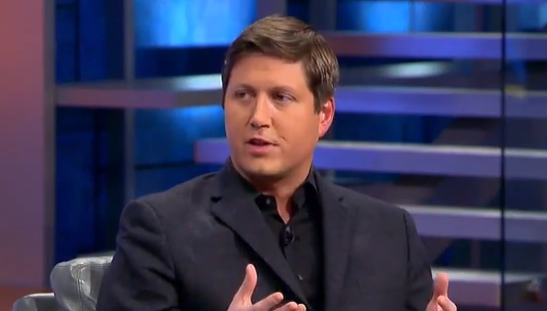
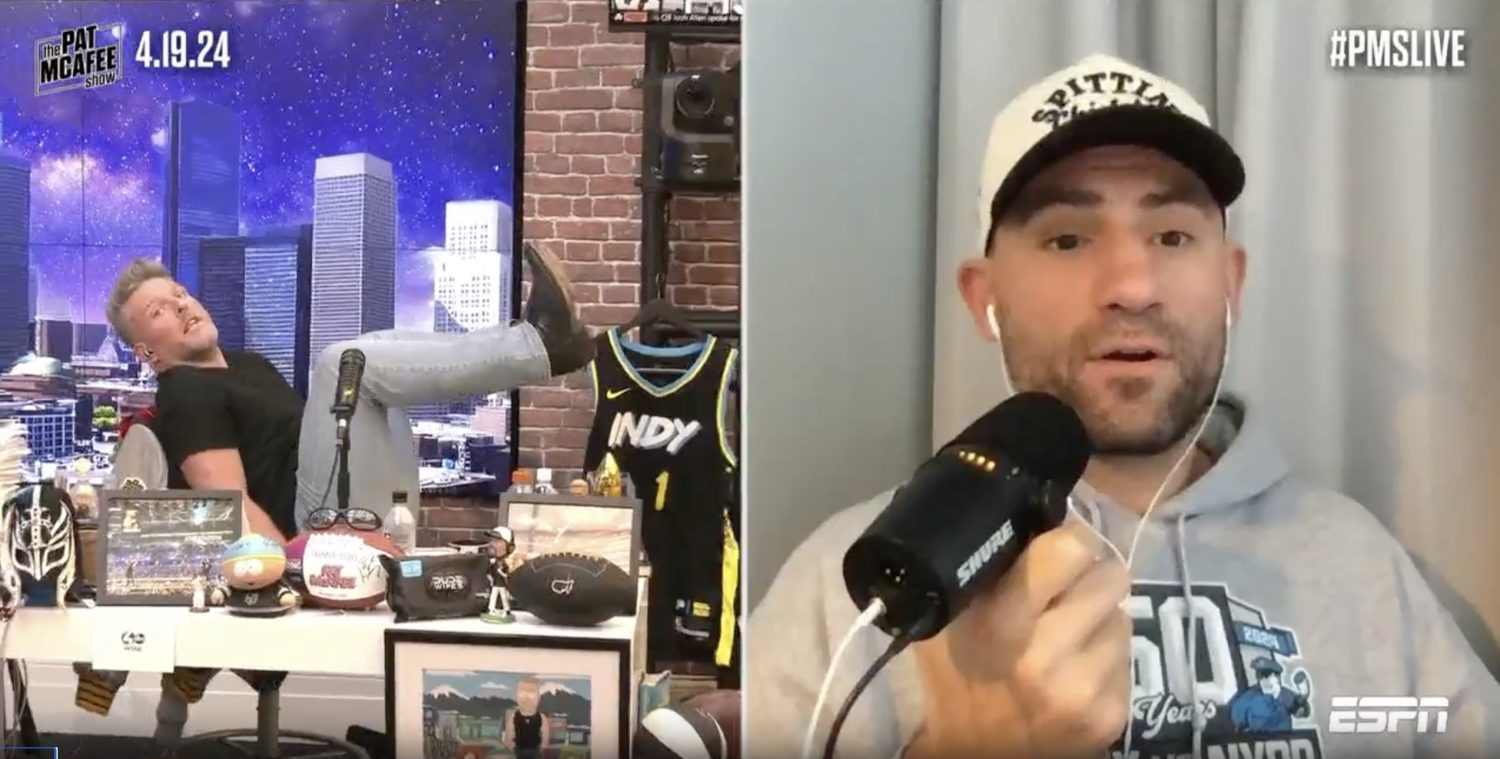
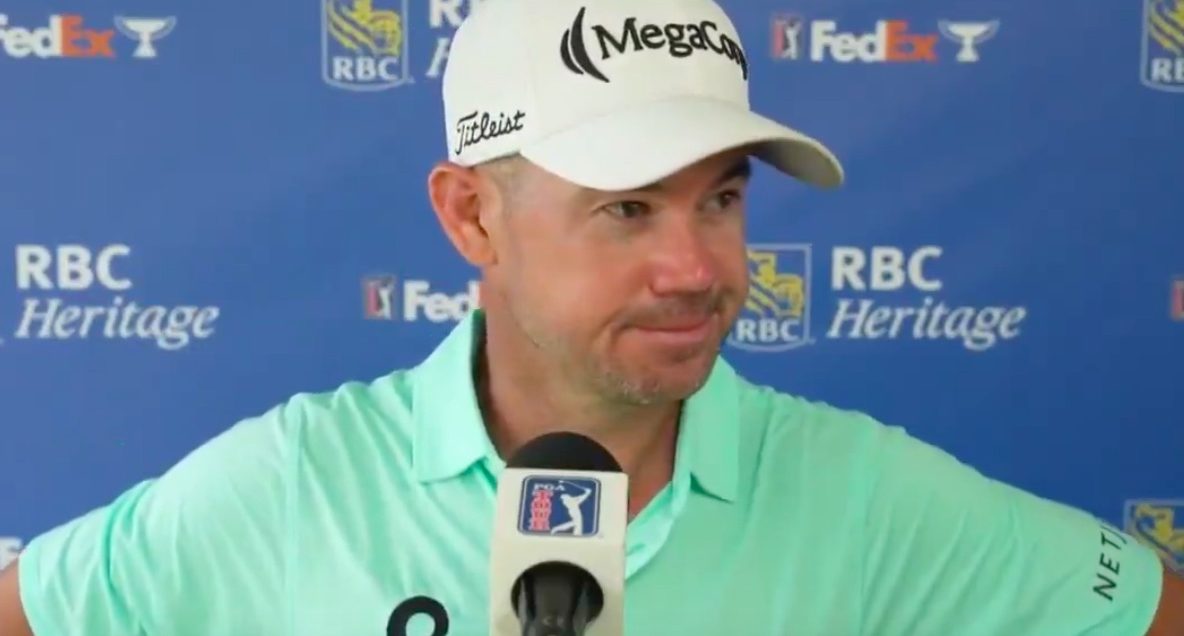
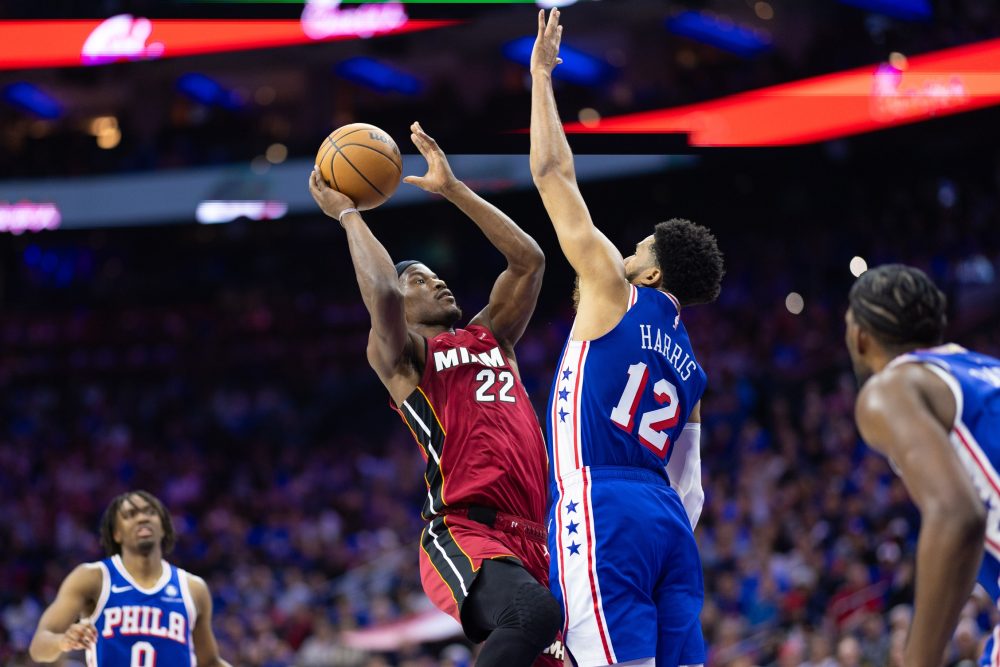
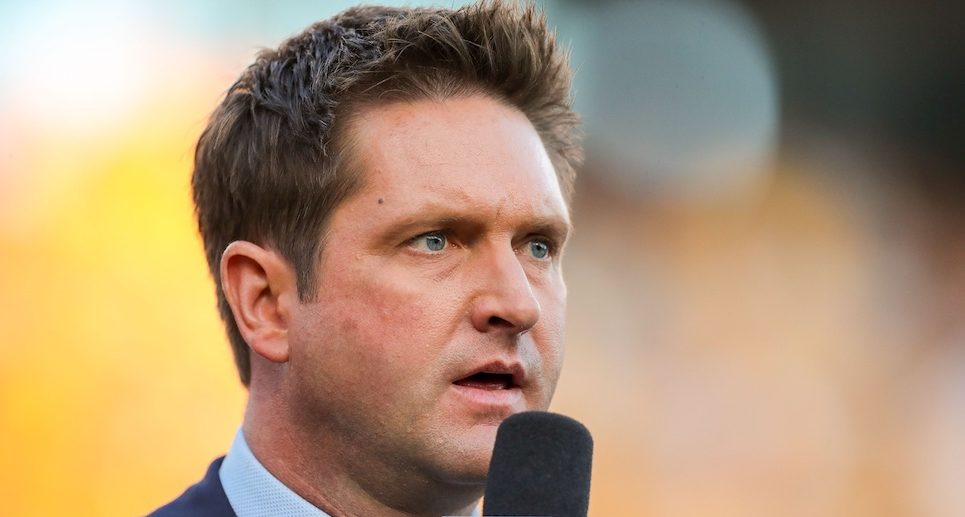

Comments are closed.